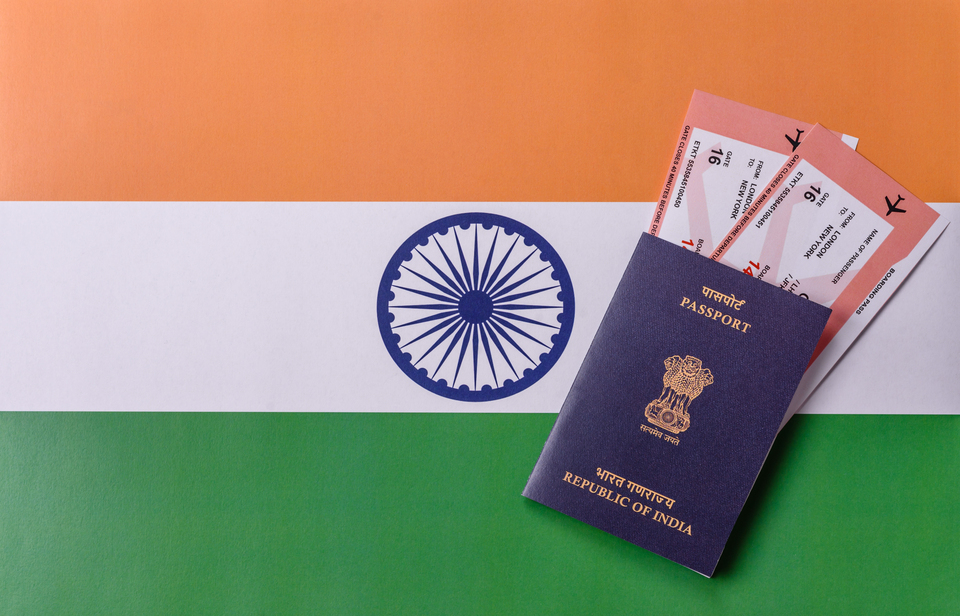
For Indian nationals residing in the United Arab Emirates (UAE), succession planning involves key questions: how does Indian law interact with locally applied Sharia principles? How can asset distribution and child guardianship be secured? This overview summarises the main rules and practical steps to put in place an enforceable will in the UAE.
Why make a will?
UAE courts do not follow the common law precedent system, and the interpretation of inheritance rules can vary. A will may not guarantee perfect alignment with personal wishes in all cases, but it greatly facilitates the process, reduces delays, and supports guardianship arrangements for minors. Without a will, courts are more likely to apply Sharia based principles to inheritance and custody.
Two federal pillars
- Federal Law No. 28/2005 (Personal Affairs Law): allows non‑Muslims to request application of their home law for distributing UAE‑situated assets.
- UAE Civil Code: conflict‑of‑laws framework. Movables (bank balances, investments, vehicles, personal items) are generally governed by the law of the deceased’s nationality; for UAE real property, Article 17(5) provides that UAE law applies to wills disposing of such assets.
Practical implications
- Heirs may obtain a probate in India to support distribution of UAE assets as per Indian law (movables), subject to local formalities.
- For UAE real estate, plan carefully: local law may apply, so tailor the will and registration route accordingly.
How to make a will in the UAE?
- List assets (with proof of ownership), debts and personal documents (passports, Emirates ID, civil‑status certificates).
- Designate an executor and specify asset distribution (movables/immovables), indicating the intended governing rules.
- Translate into Arabic and have the will attested by local authorities (Dubai Courts/ADJD) and, where relevant, by the Indian Consulate.
- Consider registration with DIFC (non‑Muslims, English‑language process) or ADJD (Arabic/bilingual) to expedite execution.
Separate wills for India and the UAE?
You may prepare a UAE specific will for UAE assets and a separate will for assets situated in India. This avoids conflicts of jurisdiction and eases formalities in each country.
Minor children and guardians
If minors are involved, appoint a permanent guardian and, where relevant, a temporary guardian resident in the UAE to cover the interim period until probate. A separate guardianship document may be required.
Documentation checklist
- Asset/debt schedule with supporting proofs.
- Proof of residence (recent utility bills).
- Passports, marriage/birth certificates.
- Contact details for executors and proposed guardians.
For Indian expatriates, executing a will in the UAE is a pragmatic way to reduce delays and costs, secure child guardianship, and clarify applicable law, especially for local real estate. Careful drafting and completion of formalities (translation, attestations, registration) are key to effective implementation.
Our lawyers, who are experts in inheritence law, are available to answer all your questions and provide advice. We offer face-to-face meetings or videoconferencing. You can make an appointment directly online at https://www.agn-avocats.fr/.
AGN AVOCATS – Inheritance Law
contact@agn-avocats.fr
09 72 34 24 72
- Administrative and Public Law
- AGN Football Club
- AGN News
- Banking, finance and insolvency
- Business Law Dubaï
- Civil Service
- Contract Law & Distribution
- Corporate Law
- Criminal Law
- Equine Law
- Family Law
- Family Matters
- Immigration
- Immigration
- Immigration Law Dubaï
- Inheritance
- Inheritance law Dubaï
- Insurances & Liabilities
- Intellectual Property and Digital Law
- Labour law
- Labour Law Dubaï
- Litigation & dispute resolution
- Non classé
- Property Dubaï
- Real Estate
- Sale of business
- Specific rights
- Sports law
- Tax
- Tax Law Dubaï
- Technologies, blockchain & digital assets
- Tourism Law